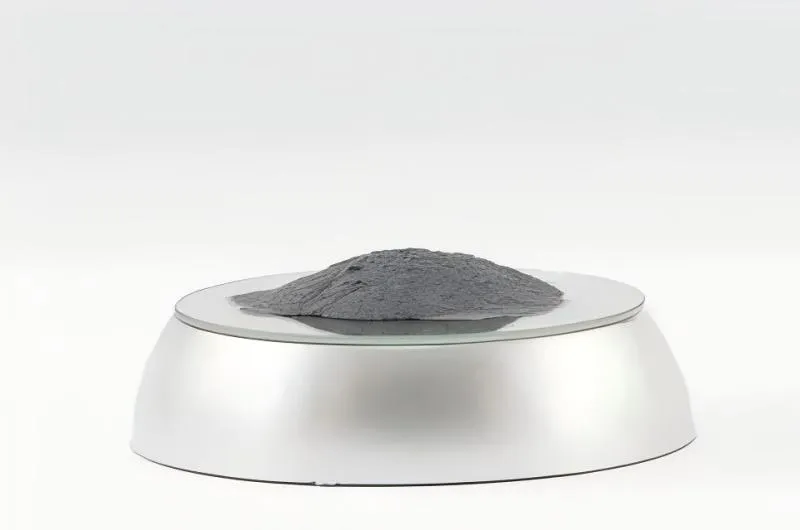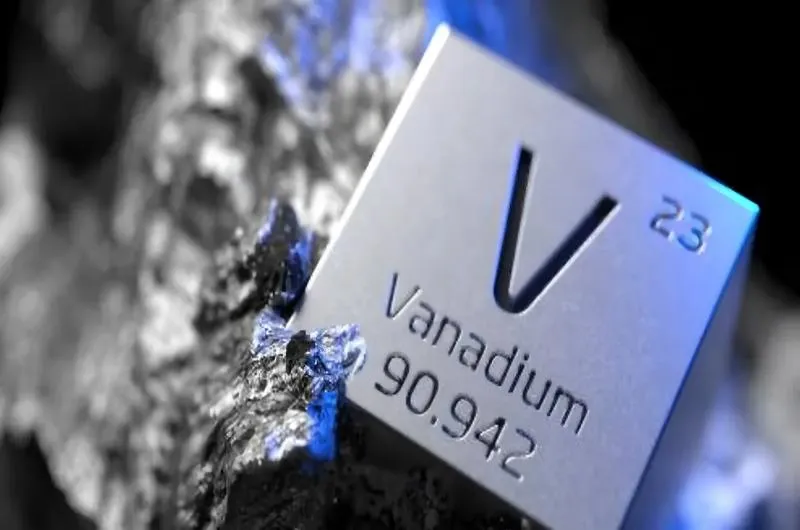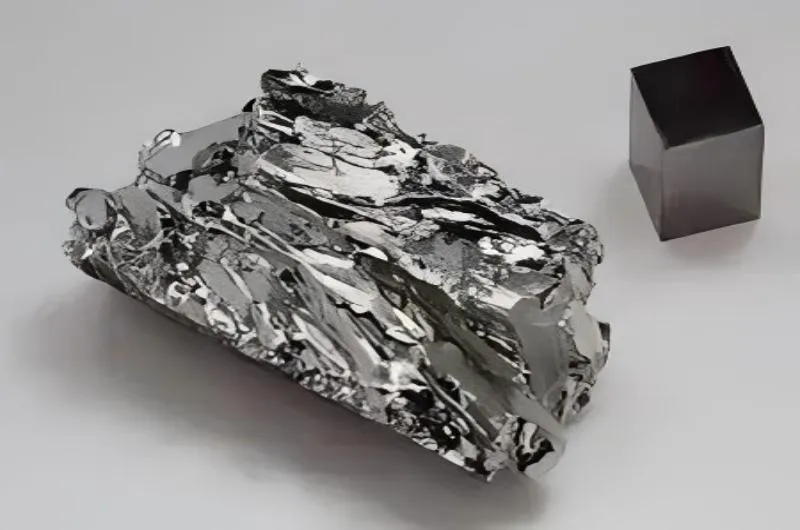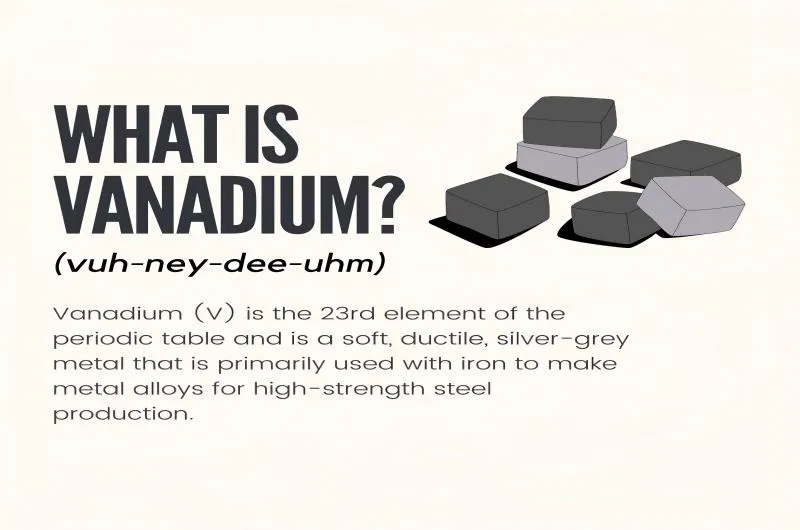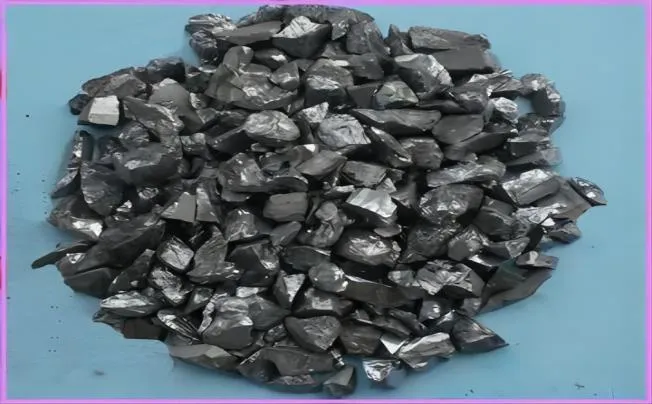BY  GENN
GENN
2024/08
Blog
What Is Silicon Metal Power Used For?
Understanding what silicon metal power is used for can significantly benefit individuals and industries by revealing its essential applications. Silicon metal is crucial for semiconductors, integrated circuits, and wafers, which are foundational to modern electronics.
Applications of Silicon Metal in the Electronics Sector
The electronics industry is built on silicon steel, which serves as the raw material for the creation of integrated circuits, semiconductors, and silicon wafers. These parts are necessary for the creation of many different electronic devices, such as solar cells, transistors, and diodes, which are vital for advancing technological progress in the modern era.
The semiconductor industry uses silicon metal to create ultra-pure silicon, which is subsequently utilized to make wafers, the building blocks of numerous semiconductor devices. One important consideration is silicon steel purity; semiconductor-grade silicon often needs to be at least 99.9999% pure. great-performance electronics may rely on silicon wafers to perform dependably because of their great purity.
Silicon metal is also used to make integrated circuits (ICs), a crucial part of computers, cellphones, and other electronic devices. Silicon wafers are cut into thin discs, and different circuits are then carved out of them using photolithography. The incredibly intricate and tiny circuits that form the basis of modern electronics are created via this procedure.
Additionally, silicon metal is required for the production of solar cells. At the core of solar technology are these cells, which transform sunlight into electrical energy. The solar industry depends on silicon’s capacity to convert light into electricity efficiently. As a result, ongoing research and development efforts are directed towards enhancing the efficiency and affordability of silicon-based solar cells.
Use Silicon Metal in the Automotive Industry
The vehicle industry heavily counts on silicon metal due to its exceptional durability and warm resistance. This product is essential in the production of various engine components, enhancing their performance and durability.
Engine Components
Silicon metal is a key component in the production of engine obstructs, cyndrical tube heads, and pistons. These components take advantage of the metal’s ability to withstand high temperatures and mechanical stress, guaranteeing reliable operation over prolonged periods.
Brake Pads and Clutch Plates
Along with engine parts, silicon steel is made use of in the production of brake pads and clutch plates. The incorporation of silicon steel enhances the efficiency of these elements under high-stress problems, adding to much safer and more efficient stopping systems.
Silicon Metal in Metallurgical Applications
In metallurgy, silicon metal plays a crucial function in the manufacturing of numerous alloys, significantly enhancing their properties. Among one of the most notable usages is in the production of aluminum-silicon and copper-silicon alloys. These silicon-based alloys are vital for enhancing the toughness, toughness, and fluidness of the base steels.
Aluminum-silicon alloys are commonly acknowledged for their superb spreading features and mechanical homes. The enhancement of silicon to aluminum boosts the alloy’s fluidness, lowering the melting temperature level and minimizing shrinkage throughout solidification. This makes aluminum-silicon alloys excellent for elaborate spreadings, which prevail in the vehicle industry for making engine parts, such as cylinder heads and blocks. The enhanced toughness and wear resistance of these alloys guarantee that engine components can hold up against high-stress conditions and thermal cycles.
Copper-silicon alloys, on the other hand, take advantage of the presence of silicon by gaining improved rust resistance and thermal security. These residential or commercial properties are critical in electric and thermal applications where sturdiness and reliability are vital. For example, copper-silicon alloys are typically used in the building of heat exchangers and electric connectors, where their capacity to preserve structural stability under heats and harsh atmospheres is vital.
Beyond aluminum and copper, silicon metal is additionally crucial in creating other specialized alloys, such as ferrosilicon, which is used as a deoxidizer and an alloying aspect in steelmaking. The intro of silicon assists in getting rid of oxygen from molten steel, improving its top quality and toughness. This process is essential in the manufacturing of high-performance steels utilized in building and construction, automotive, and aerospace sectors.
Chemical Industry Applications of Silicon Metal
Silicon steel is a crucial product in the chemical industry, where it plays a crucial role in the production of different silicon-based compounds. These substances, such as silicones, silanes, and artificial silica, are indispensable to a wide variety of applications across multiple markets.
Silicones, stemmed from silicon steel, are versatile polymers used in lubes, adhesives, sealers, and surfactants. Their one-of-a-kind residential or commercial properties, consisting of thermal stability, reduced toxicity, and resistance to water and oxidation, make them essential in building and construction, individual treatment, and commercial processes.
Silanes, an additional crucial product of silicon steel, offer as coupling agents, bond marketers, and surface area modifiers. They are thoroughly utilized in the production of composite materials, improving the bond between organic and inorganic materials. This application is crucial in sectors like automobile, aerospace, and electronics, where material performance and toughness are paramount.
Artificial silica, produced from silicon steel, is used in creating high-performance products. It is commonly made use of in the formula of paints, finishings, and plastics, giving improved mechanical homes and stability. In addition, synthetic silica is a key part in drugs, artificial additive, and cosmetics, where its fine particle size and pureness are highly valued.
Arising Uses of Silicon Metal in Battery Technology
Silicon metal is increasingly being used in battery technology, specifically in lithium-ion batteries. It improves the performance and power density of batteries, which is critical for the growth of electric lorries and renewable resource storage services.
Among the primary reasons for the integration of silicon metal in battery innovation is its capability to substantially increase the energy storage ability. Typical graphite anodes are being changed or supplemented with silicon-based materials, as silicon has an academic capacity of roughly 4200 mAh/g, compared to graphite’s 372 mAh/g. This significant boost in capacity translates to longer-lasting batteries with greater effectiveness.
Additionally, silicon steel adds to the stability and long life of lithium-ion batteries. The material aids in lowering the degradation of the battery anode, therefore extending the total life process of the battery. This quality is especially vital for electric cars, which need sturdy and resilient battery systems to be viable for prevalent use.
An additional arising application of silicon steel in battery modern technology remains in the advancement of solid-state batteries. These batteries, which change the liquid or gel electrolytes discovered in conventional lithium-ion batteries with strong electrolytes, offer raised safety and security and power density. Silicon metal plays an essential role in improving the efficiency of solid-state batteries, making them an appealing option for future power storage options.
In addition, using silicon steel in battery technology supports the advancement of sustainable power by boosting the effectiveness of power storage systems. As the demand for renewable resource sources such as solar and wind boosts, reliable energy storage comes to be critical. Silicon-enhanced batteries can keep larger quantities of energy generated from these sources, facilitating an extra reliable and consistent power supply.




